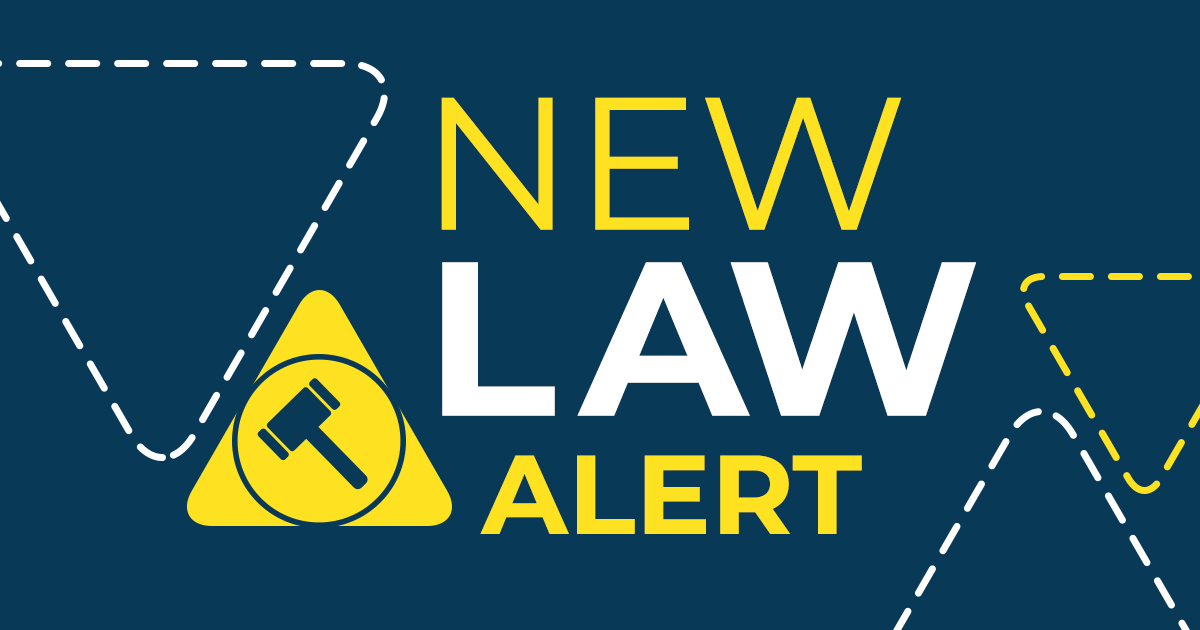Effective June 19, 2025, the New York State Fashion Workers Act, A05631E, will protect New York's 180,000 fashion industry professionals--models, influencers, photographers, and stylists--from their management company's exploitation through unfair pay, sexual abuse, harassment, and discrimination.
Now, victims can bring a new lawsuit for experiencing unsafe working conditions, exploitative contracts, delayed payments, and abuse where they can collect liquidated damages (double to three times damages) and attorneys' fees.
The Act Requires:
- A zero tolerance policy for abuse, harassment, or other forms of inappropriate behavior
- Models to receive copies of the final agreement that has been negotiated
- Overtime payments of at least 50% higher than contracted hourly rate for work exceeding 8 hours in a 24 hour period
- Meal breaks for jobs over 8 hours
- Liability insurance for models’ health and safety
- Management agencies commission is capped 20%
- Management agencies must utilize transparent contracts & provide copies to models
- Clear consent for the use of digital replicas
- Modeling agencies to register with the State of New York to operate
- Discrimination / harassing models on the based of sex, orientation, race, color ethnicity, national origin, disability and other categories
- Retaliatory action against models for filing complaints
- Making power of attorney a necessary condition for entering into a contract with an agency
- Collecting signing fees or deposits from models
- Deducting fees other than agreed upon commission from models' earnings
- Renewing contracts without models' consent
- Creating, altering, or manipulating a model's digital replica using AI without models' clear written consent.
These new lawsuits are designed to close a loophole that modeling agencies have utilized to escape licensing & regulation by considering themselves management companies, rather than talent agencies, under New York State General Business Law § 171(8), known as the "incidental booking exception."




